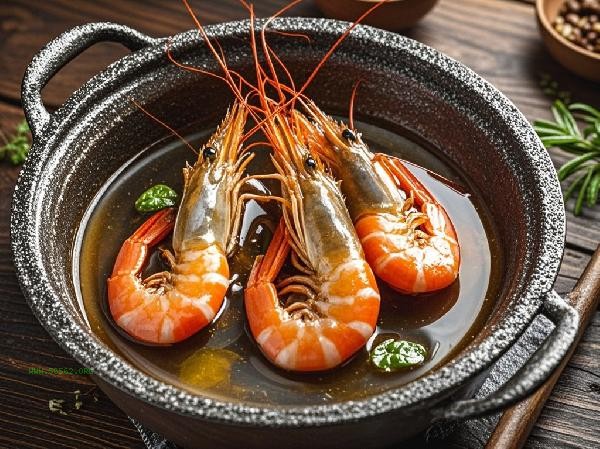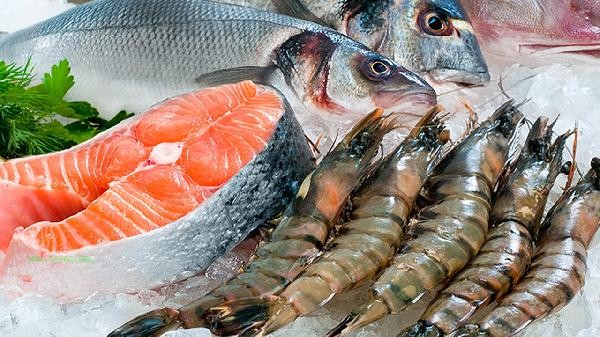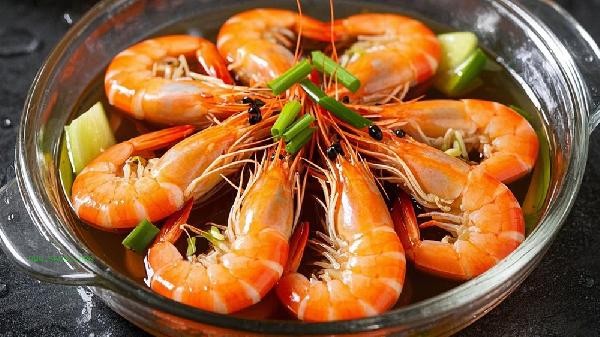Crab and shrimp can be eaten together, and their combination will not cause food conflicts and can complement each other's nutrition. Shrimp meat is rich in high-quality protein, vitamin A, and zinc, while crab meat is rich in calcium, selenium, and vitamin B12. Eating it in moderation can help supplement multiple nutrients. Crab and shrimp are both high protein and low-fat seafood. When paired with them, it is recommended to choose low oil cooking methods such as steaming and blanching to avoid frying or heavy flavored seasonings masking the freshness. Both contain certain purines, and patients with gout or hyperuricemia should control their intake. Shrimp has tender and easily digestible meat, and crab roe and crab paste have a high cholesterol content. Middle aged and elderly people can reduce their intake of crab roe appropriately. Fresh shrimp and crabs are recommended to be bought and made immediately. Crabs that have died for more than 4 hours may produce histamine toxins and are not edible.

Some people may be allergic to shellfish seafood, so it is recommended to try a small amount when eating crab and shrimp together for the first time. Shrimp and crabs are prone to accumulating heavy metals in their heads and gills, so they need to be thoroughly cleaned before cooking. Both are cold foods, and those with spleen and stomach deficiency can use ginger vinegar or perilla leaves to neutralize the cold when consuming them. Shrimp threads contain sediment and metabolic waste, it is recommended to remove them before cooking; Crab hearts, stomachs, and other internal organs may contain parasites, and should be thoroughly steamed before consumption.

Crab and shrimp can be paired with warm vegetables such as pumpkin and yam in daily diet to balance dietary attributes. It is recommended to consume seafood 2-3 times a week, with shrimp intake controlled at around 100 grams per time and crab meat not exceeding 200 grams. When cooking, pay attention to heating thoroughly until the shell turns red and the meat solidifies, and avoid consuming undercooked seafood. Special populations such as pregnant women and infants should consume in moderation under the guidance of a physician. If allergic symptoms such as skin itching and diarrhea occur, they should immediately stop eating and seek medical attention.









Comments (0)
Leave a Comment
No comments yet
Be the first to share your thoughts!